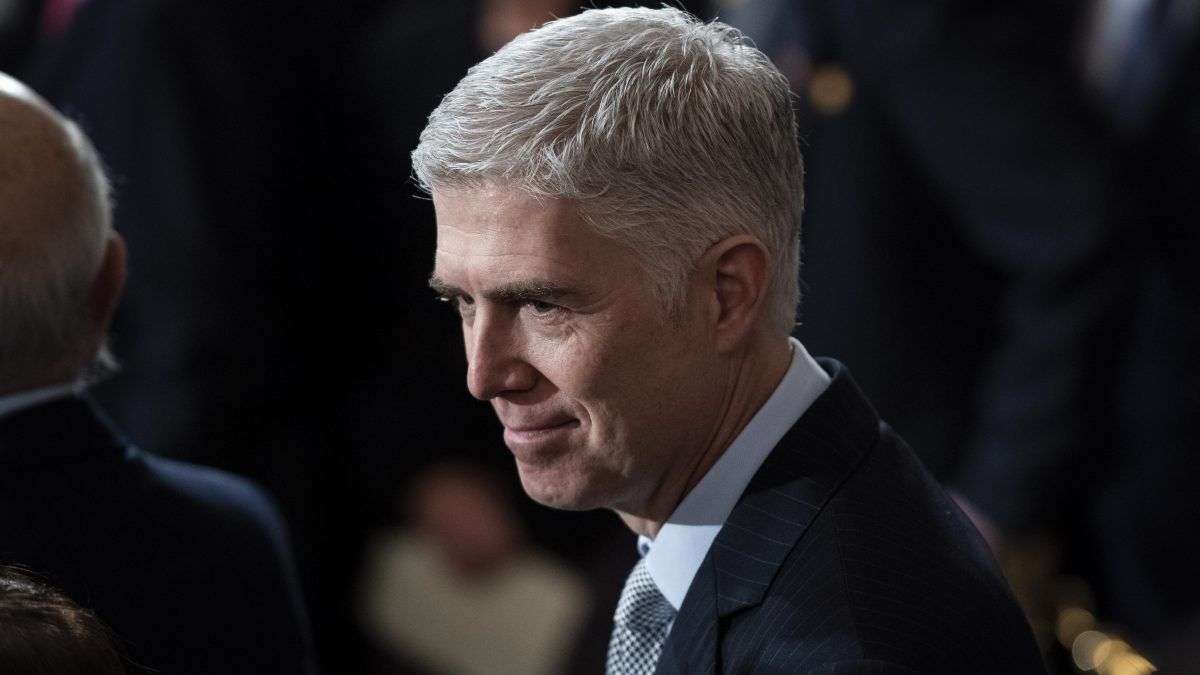The special counsel, Jack Smith, intends to continue pursuing his two criminal cases against former President Donald J. Trump throughout the election and potentially up until Inauguration Day if Mr. Trump wins the presidential race, as per a source familiar with Mr. Smith’s intentions.
Mr. Smith is of the belief that his mandate as special counsel and his authority to proceed with the cases are not contingent upon a change in administration, and will persist until he is formally removed from his position, the source mentioned.
This means that the special counsel’s office is prepared to continue moving forward with the two indictments against Mr. Trump for as long as possible. One of the indictments, filed in Washington, accuses the former president of scheming to undermine the 2020 election. The other, lodged in Florida, charges Mr. Trump with retaining a collection of highly classified documents after leaving office and then impeding the government’s attempts to recover them.
The decision by Mr. Smith to continue with the cases was first reported by The Washington Post, and comes in the wake of a significant Supreme Court ruling on executive immunity that has effectively delayed the election interference case until after the November polls.
Meanwhile, Judge Aileen M. Cannon, overseeing the classified documents case in Florida, has refrained from setting a trial date as she grapples with a multitude of legal issues and court proceedings.
A spokesperson for Mr. Smith declined to comment on his plans regarding the two cases.
It is not uncommon for a special counsel like Mr. Smith to seek to continue prosecuting cases under their purview even after a change in presidential administrations. Justice Department regulations granting special counsels operational independence from the attorneys general who appointed them support this practice.
For instance, special counsel John H. Durham was appointed by Attorney General William P. Barr during the Trump administration to investigate connections between Russia and Mr. Trump’s 2016 campaign. Attorney General Merrick B. Garland subsequently allowed Mr. Durham to carry on with his work post the departures of Mr. Barr and Mr. Trump from office.
In a similar vein, one of Mr. Smith’s deputies informed Judge Cannon in March that holding a trial a month or two before Election Day would not violate a Justice Department policy against conducting legal proceedings in close proximity to an election — known as the 60-day rule.
The deputy, Jay I. Bratt, clarified that the policy barred federal prosecutors from bringing new charges right before an election, but did not prevent them from moving forward with an existing indictment.
Nevertheless, there is significant interest in when Mr. Trump’s federal cases might proceed to trial, particularly because he could order their dismissal if they were postponed until after the election and he returned to the White House.
While Justice Department attorneys believe they have the authority to pursue criminal charges against a president-elect, such a scenario would present uncharted legal territory and likely face strong opposition from Mr. Trump.
Mr. Trump’s legal team would likely seek to delay the cases, possibly until he is no longer in office. Ultimately, the judges presiding over the cases — Judge Cannon in Florida and Judge Tanya S. Chutkan in Washington — would decide on such requests.
Prosecutors nationwide have encountered obstacles in holding Mr. Trump accountable.
The state case against Mr. Trump for election subversion in Georgia was put on hold for months after an appeals court deliberated on whether Fani T. Willis, the Fulton County district attorney who brought the indictment, had a conflict of interest due to a romantic relationship with one of her deputies.
Additionally, state prosecutors in Manhattan agreed to postpone Mr. Trump’s sentencing for his conviction on 34 felony charges of falsifying business records to conceal a sex scandal that posed a threat to his 2016 presidential campaign.
Originally scheduled for July 11, Mr. Trump’s legal team requested a delay as they challenge the guilty verdicts based on the Supreme Court’s ruling on executive immunity.





